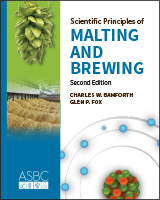 By Charles W. Bamforth and Glen P. Fox This book explains the science underpinning each stage of the brewing and malting process, expanding on the previous edition content in greater detail. |
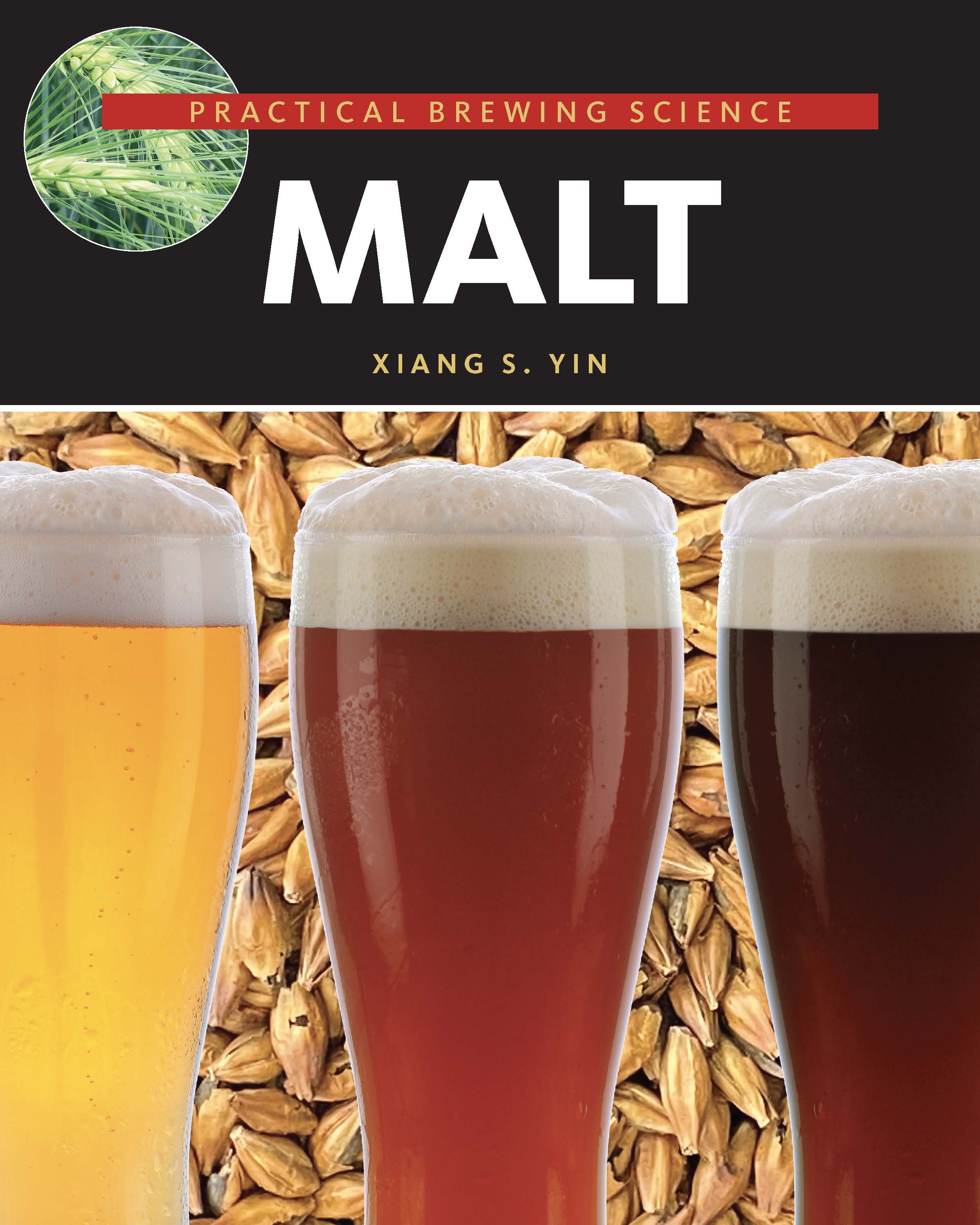 By Xiang S. Yin This book seamlessly bridges the science of malt with practical applications in food and beverage production. |
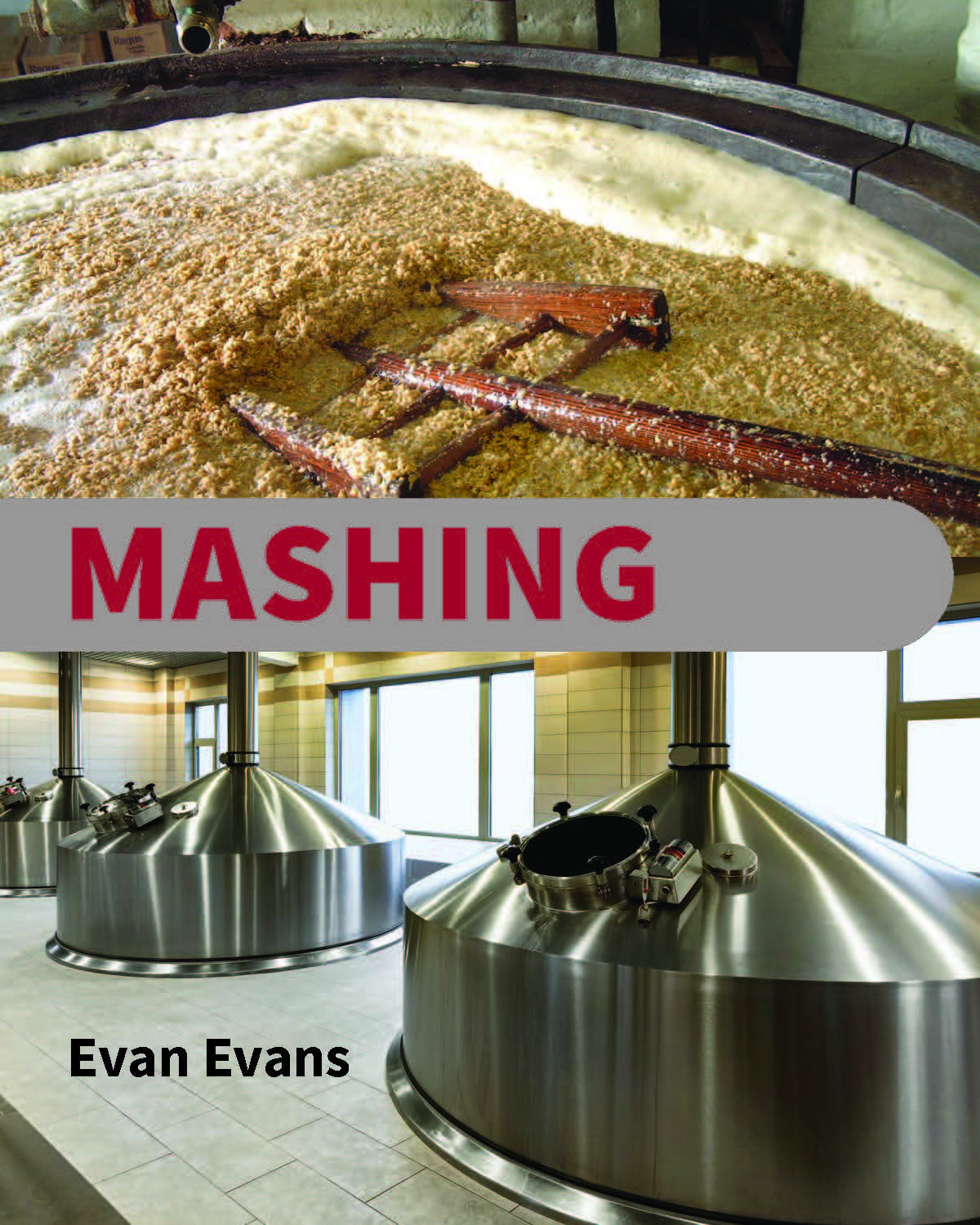 By Evan Evans Readers will emerge from this book with a deeper understanding of the foundations of mashing biochemistry, such as the relationships between starch and starch-hydrolyzing enzymes and between proteins and proteases. |
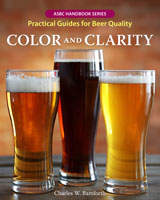 By Charles W. Bamforth Many factors affect color and clarity, and understanding them is key to producing beer that has the desired appearance every time. |
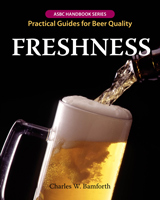 By Charles W. Bamforth A reader-friendly guide that helps users identify and fix root causes of flavor stability issues, maximize stability performance, extend the shelf life of their beers. |
 Edited by Peter R. Shewry and Steven E. Ullrich This book is a source of information for scientists, students and others who need to understand the development, structure, composition, or end use properties of barley grains related to their cultivation, trade, and utilization. |
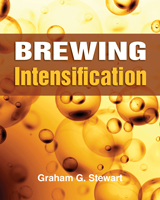 By Graham G. Stewart Improve volume, reduce costs, and improve time to market through intensification of the brewing process, including brewing operations, wort composition, yeast, fermentation, and maturation. |
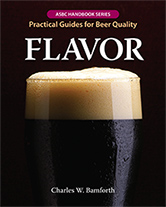 By Charles W. Bamforth Learn the scientific basis of the factors that influence the flavor of beer and the importance of producing predictive flavor modeling for consistent quality. |
 By Charles W. Bamforth Six volumes of Dr. Charlie Bamforth's acclaimed "Practical Guides for Beer Quality" series, BEER SAFETY AND WHOLESOMENESS, QUALITY SYSTEMS, COLOR AND CLARITY, FRESHNESS, FLAVOR, and FOAM |
 By Charles W. Bamforth This book, the first in a series entitled "Practical Guides for Beer Quality," offers an easy-to-read yet comprehensive and authoritative description of all the factors that impact the quality and quantity of foam on beer. |
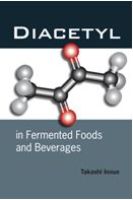 By Dr. Takashi Inoue Written by Dr. Takashi Inoue, the globally-recognized expert on the topic of diacetyl formation in fermented foods and beverages. |
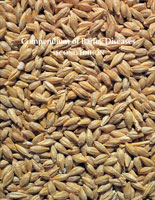 Edited by D. E. Mathre Originally published in 1982, this edition is extensively revised. Changes include 26 additional color photographs, new sections, re-written sections, coverage of new diseases, etc. |
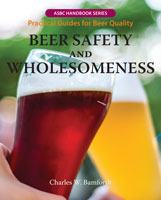 By Charles W. Bamforth This book offers a comprehensive and authoritative description of the factors that underlie beer safety and wholesomeness. |
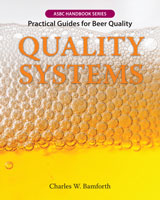 By Charles W. Bamforth In this accessible yet informative guide, Bamforth explains the processes behind the development of standard methods, how they are evaluated, and why they are important for accuracy and precision. |